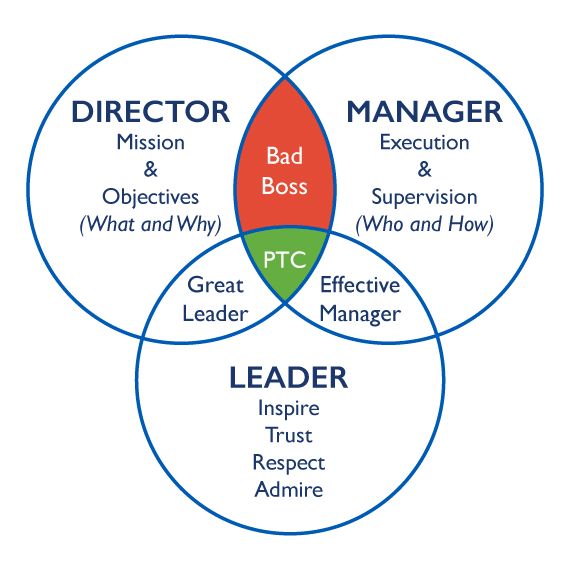
The researchers eventually concluded that what distinguished the ‘‘good” teams from the dysfunctional groups was how teammates treated one another. The right norms, in other words, could raise a group’s collective intelligence, whereas the wrong norms could hobble a team, even if, individually, all the members were exceptionally bright.
The researchers eventually concluded that what distinguished the ‘‘good” teams from the dysfunctional groups was how teammates treated one another. The right norms, in other words, could raise a group’s collective intelligence, whereas the wrong norms could hobble a team, even if, individually, all the members were exceptionally bright.
One more important factor for building an effective team is open and honest communication when team leaders provide feedback on the efforts of team members. This feedback should be constructive; however, managers must also be ready to address areas where the team is falling short.
